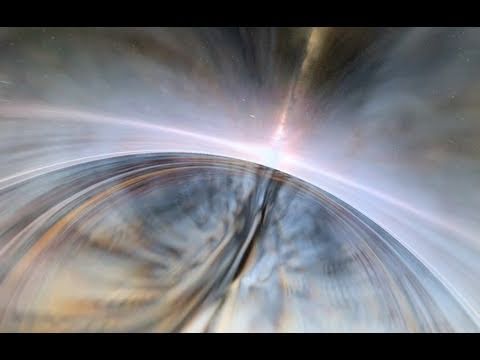This is a pretty cool perspective about the history of some physics and energy understanding as well as some perspective about how much energy we use each day on the planet Earth:
Today, energy is very much on our minds, as we search for ways to power our civilization and serve the needs of our citizens. But what is energy? Where does it come from? And where do we stand within the great power streams that shape time and space?
Energy comes from a Greek word for activity or working. In physics, it’s simply the property or the state of anything in our universe that allows it to do work. Whether it’s thermal, kinetic, electro-magnetic, chemical, or gravitational.
The 19th century German scientist Hermann von Helmholtz found that all forms of energy are equivalent, that one form can be transformed into any other. The laws of physics say that in a closed system – such as our universe – energy is conserved. It may be converted, concentrated, or dissipated, but it’s never lost.
Humans today generate about two and a half trillion watts of electrical power. How does that stack up to the power generated by planet Earth? Deep inside our planet, the radioactive decay of elements such as uranium and thorium generates 44 trillion watts of power. As this heat rises to the surface, it drives the movement of Earth’s crustal plates, and powers volcanoes.
Everything is in perspective though. A volcano is super powerful but compared to a star or a black hole it has way less.
